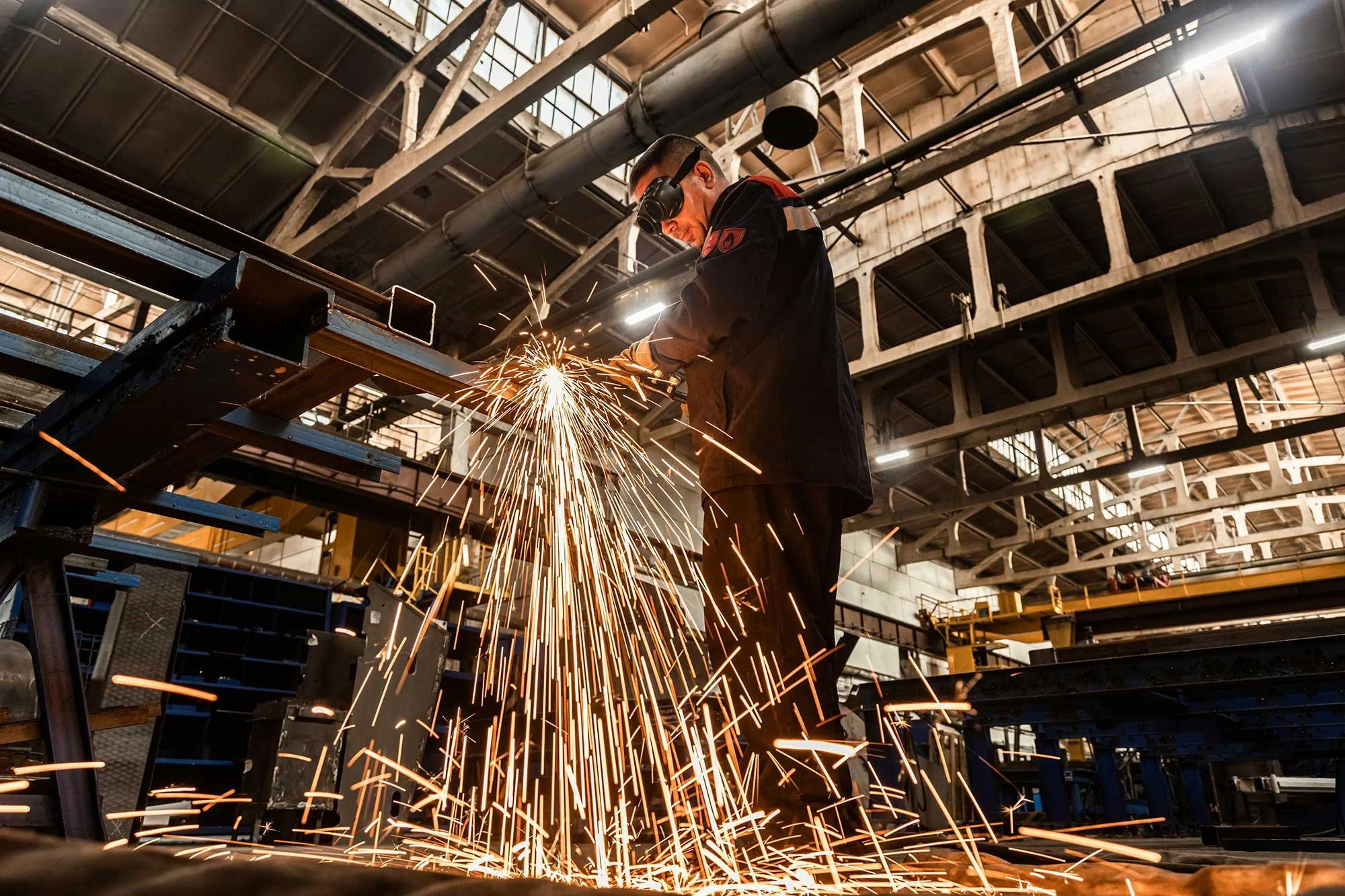
How to Become a Welder

Why Choose Welding as a Career?
Solid Career. Solid Pay. Welding offers a rewarding career with strong job security and excellent earning potential.
Washington is Booming. In Washington state, job growth for welders is more than 3 times the national average and more than one thousand welder jobs are expected to be added each year through 2030.
Above Average Pay. The average salary for a welder in Washington State is $59,544 per year, which is 3% higher than the national average.
1000+ Jobs a Year. That’s how many welding positions will open in Washington through 2023.
Nationwide Opportunity. Nationally, about 80,000 welding jobs need to be filled annually, with 320,500 new welders projected to be needed by 2029.
Your Skills Are Needed. This demand comes from both infrastructure needs and an aging workforce, as many experienced welders are approaching retirement age.

High School and Post-Secondary Education
Getting started in welding begins with solid foundational training. The MAC Project has developed a clear pathway that starts in high school and continues through advanced certification. Students begin with Metal Trades Foundations, an exploratory course that introduces basic skills and safety practices. They then progress to Welding Technology I, which builds preparatory skills, followed by Welding Technology II for advanced techniques.
Throughout this pathway, students work with the three core materials that form the backbone of modern welding: steel, aluminum, and stainless steel. These materials are used across nearly every industry, making welders versatile and employable. The MAC curriculum focuses on developing in-demand skills like blueprint reading, quality control, and multiple welding processes including SMAW (stick), GMAW (MIG), FCAW (flux-core), and GTAW (TIG) welding.
Post-secondary options include community college welding programs, technical schools, and apprenticeships. Many students choose to continue their education at local institutions that offer specialized training and industry connections. The combination of classroom learning and hands-on practice prepares students for immediate employment or advanced certification programs.

Where Will Welding Take You?
Washington State's diverse economy creates exciting opportunities for welders across multiple industries. The maritime sector is particularly strong, with nearly a quarter of U.S. shipyards located in Washington. The maritime industry generates more than $24 billion for the state and some $7.5 billion in annual wages. Welders in this field work on everything from commercial fishing vessels to naval ships, often specializing in aluminum welding for boat building - a unique skill valued in the Pacific Northwest.
The agriculture and natural resources sector offers another path for welders. From equipment manufacturing and repair to food processing facilities, agricultural welders keep the machinery running that feeds the nation. This work often involves field repairs, custom fabrication, and maintenance welding on everything from tractors to processing equipment.
Construction welding provides perhaps the most visible opportunities, as welders help build the infrastructure that keeps communities connected. Bridge construction, high-rise buildings, and industrial facilities all require skilled welders. Washington's aerospace industry, which employs more than 75,000 workers and pays out more than $11 billion in wages, also remains a top employer of welders. Whether you're interested in working outdoors on construction sites or in climate-controlled manufacturing facilities, welding offers paths that match different work preferences and lifestyle goals.

Explore Your Career Path
Ready to map out your welding future? We've created detailed career pathway maps that show exactly how to progress from beginner to expert welder in different industries. These visual guides outline the education, certifications, and experience needed for each step of your career journey.
Download our career pathway maps to see the specific routes available in maritime, agriculture, construction, and other key Washington State industries. Then visit our Welding Occupations page to explore detailed job descriptions, salary ranges, and requirements for specific welding careers. Whether you're just starting to consider welding or you're ready to take the next step in your education, these resources will help you plan a successful career in this essential trade.

Ready to explore?
Browse our site to discover the exciting world of welding careers and find the resources you need to succeed.




